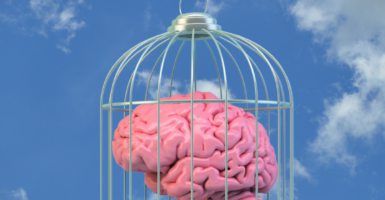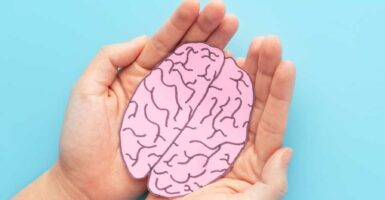What is a UTI?
A urinary tract infection is usually caused by bacteria entering the urinary tract via the urethra – the tube that allows the passage of urine from the bladder to outside the body.
The bacteria can then move upwards through the urinary tract, infecting the bladder (a condition known as cystitis) and sometimes the kidneys.
If the person has a sudden and unexplained change in their behaviour, such as increased confusion, agitation, or withdrawal, this may be because of a UTI.
Women are 30 times more likely to develop a UTI compared to men.



